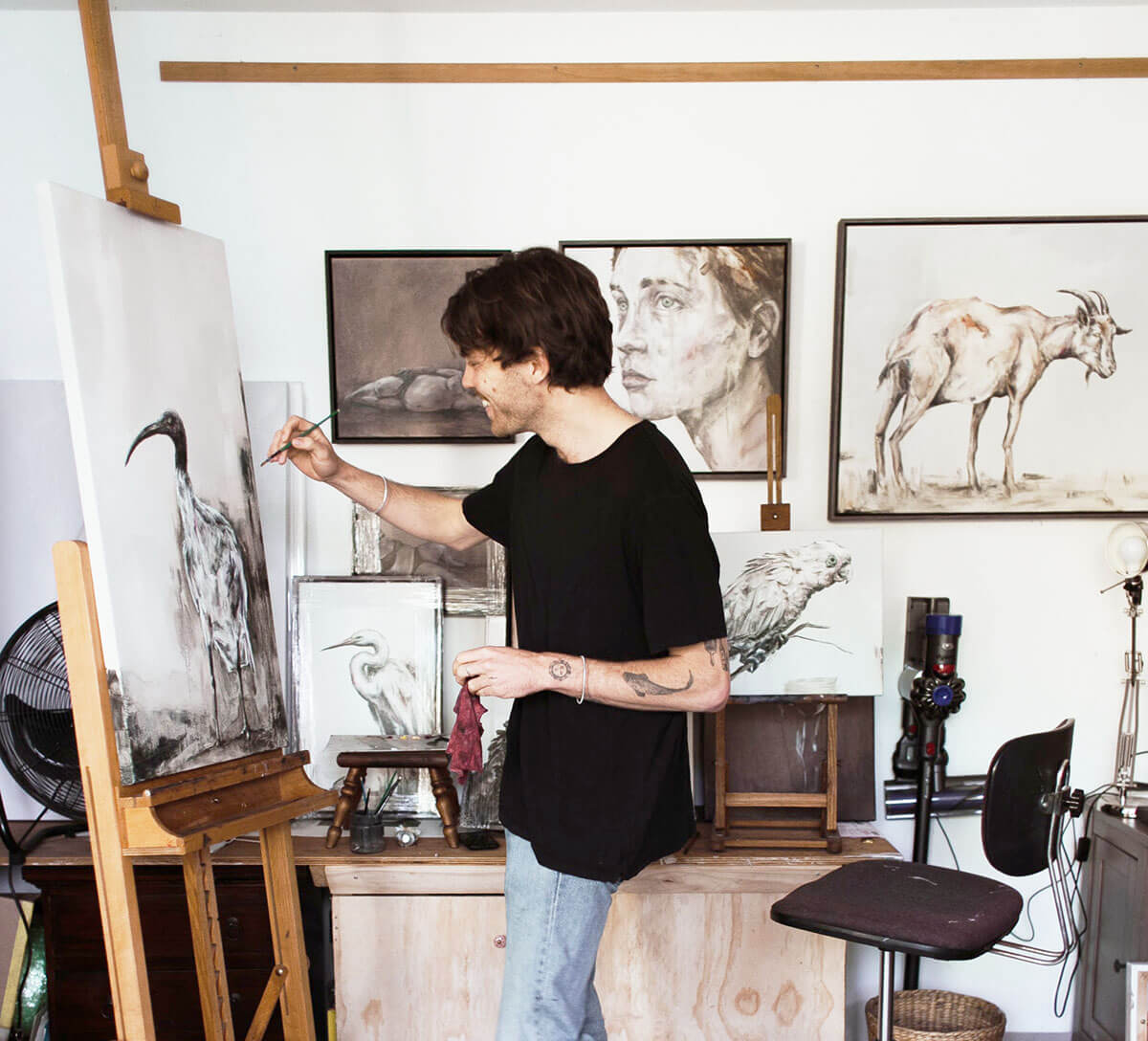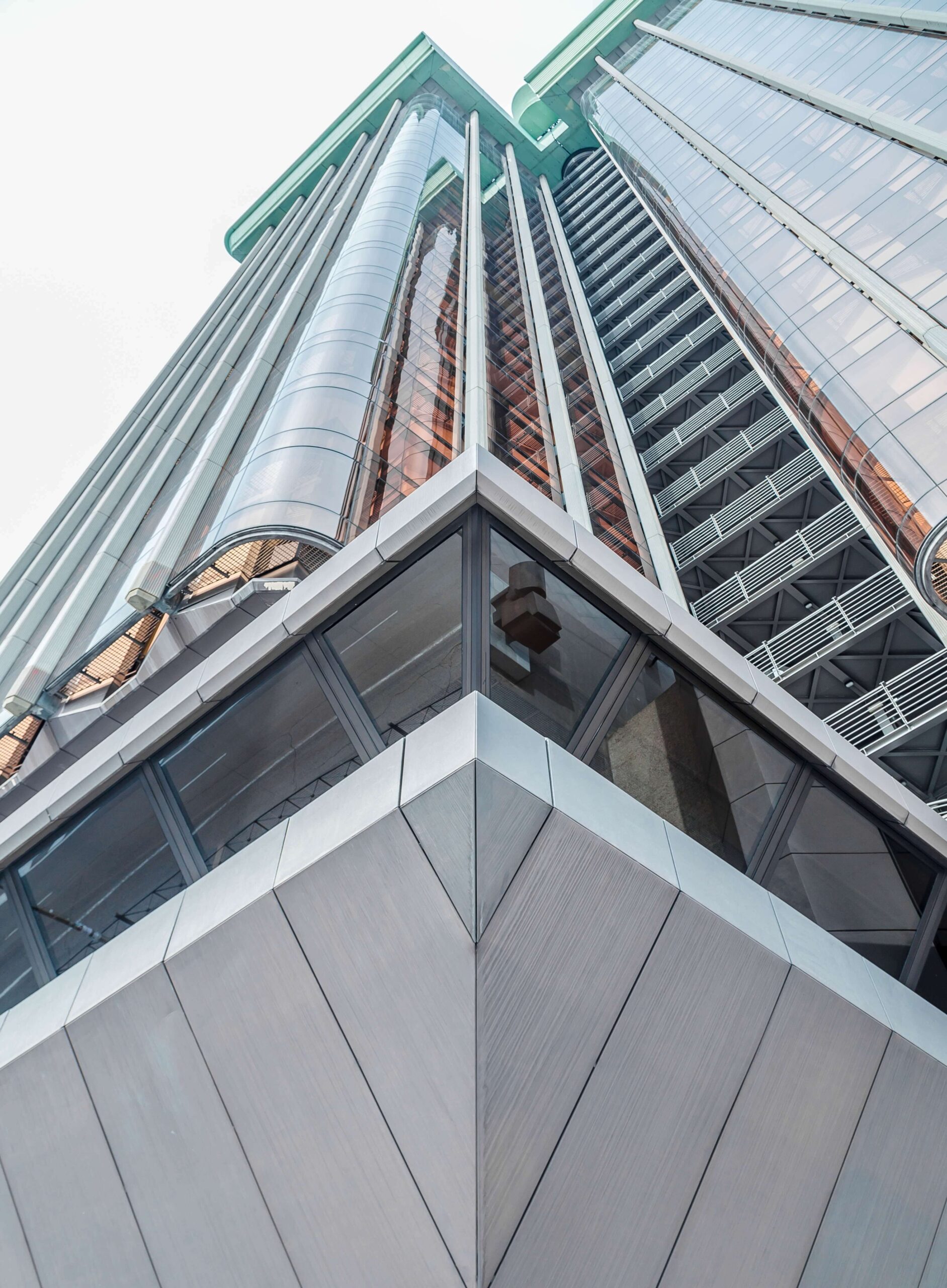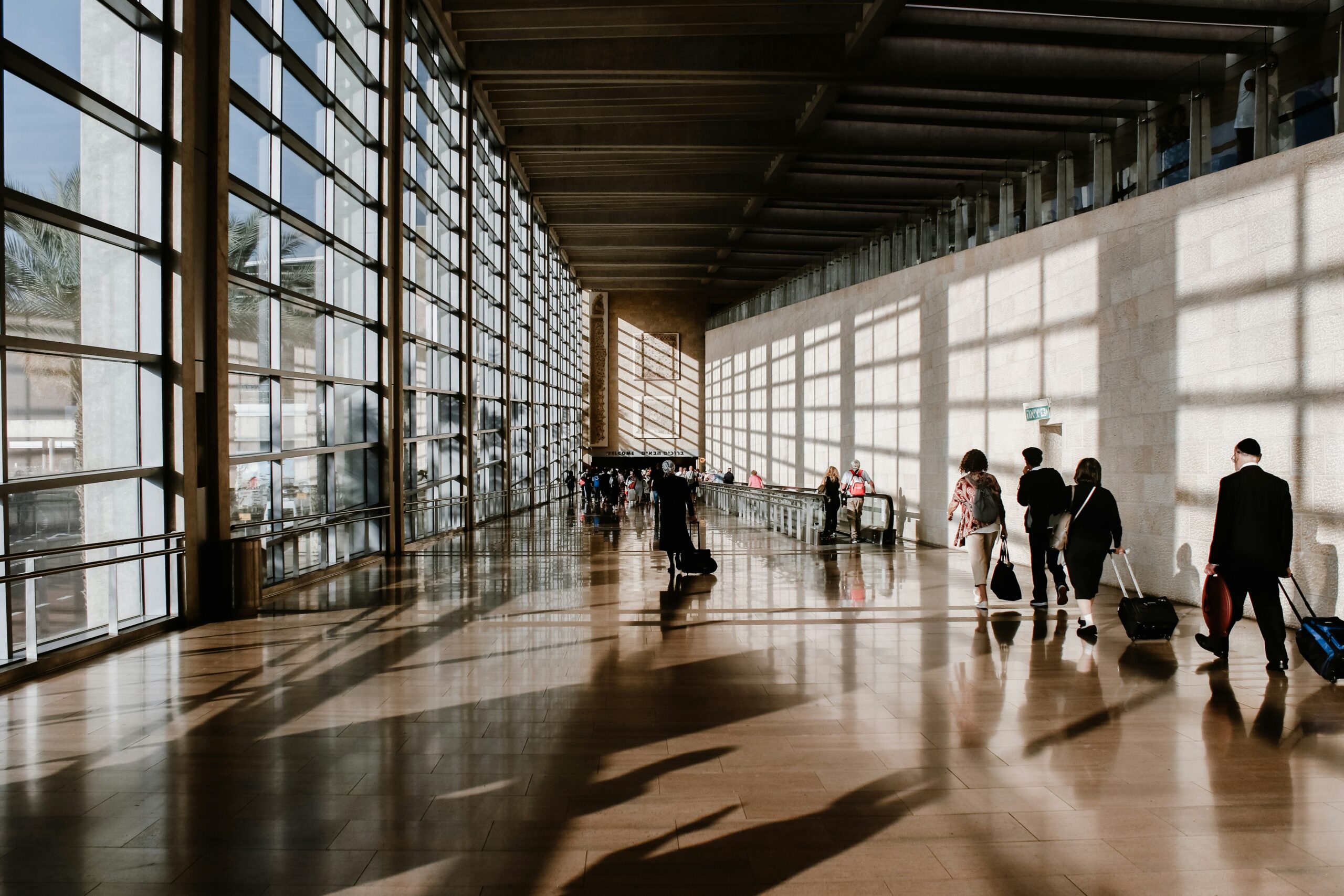The pinkish light of the setting sun spills across the desert just as I crest the ridge, breath shallow from the climb, boots coated in a thin layer of dust. All around me, the Santa Catalinas glow as if lit from within, their jagged edges softened by the dusk, while the valley below stretches endlessly, the silhouettes of cacti fading into shadow. I pause, letting the silence press in, broken only by the faint call of a cactus wren. Out here, surrounded by so much space, it’s impossible not to feel the weight of what my brother is missing—and the strange, aching freedom I carry in his place.

Christine Chitnis
Christine Chitnis is a photographer, journalist, and author. Her work focuses on connecting with culture and history through the visual world, which is evident in her books Patterns of India and Patterns of Portugal. Christine has contributed to The New York Times, Elle, Travel + Leisure, Domino, and more. From childhood summers in Northern Michigan, to the farms and coastline of her home in New England, to exploring the culture of Rajasthan with her husband, Vijay, she enjoys sharing this passion for discovery with her three kids—Vijay, Vikram and Meera.
Two years ago, I unwittingly joined a vast, often invisible network of travelers—nearly six million strong. We come from every walk of life, journeying by car, train, bus, or plane to bridge the distance to our loved ones. My own journey begins in Rhode Island and ends on a dusty, desolate road on the outskirts of Tucson, Arizona, where I visit my youngest brother in prison. In America, the majority of prisons are located far from where inmates—and their families—call home. According to the Prison Policy Initiative, over 63 percent of people in state prisons are incarcerated more than 100 miles from their families, while in the federal prison system, it jumps to 500 miles. For me, that distance stretches over 2,500 miles. The physical distance underscores the emotional isolation incarceration creates. Having a loved one in prison burdens families not only financially—with the cost of travel, lost wages, lawyer fees, long-distance phone calls, the ongoing expense of funding commissary accounts for basic necessities—but emotionally, straining relationships, breaking family units apart, and deepening the sense of helplessness and grief.
My brother is 16 years younger than me—we share the same parents, and I still remember the day he was born, the tiny weight of him in my arms as I first held him. I’m his big sister, and he’s my baby brother. Nothing will ever change that, though now the time we share is regulated and restricted. Our visits take place on weekends, in a sterile room with chairs bolted to the floor, under strict rules: no food, no drinks, no cell phones, no distractions. For seven uninterrupted hours, we talk. Through our words and memories, we transcend the barbed wire and armed guards. Together, we imagine a future beyond confinement—what we’ll eat, where we’ll go, what it will feel like to once again plunge into the cherished lakes of our Midwestern childhood summers, together and free. These conversations, unbroken by modern distractions, have taught me the value of sitting with discomfort. My brother’s life will never be what we once imagined, and we talk about that with unflinching honesty. The hardest moment is always the end of the visit. We’re allowed a single, brief hug before he is led away, and I step back out into the desert’s fading light—heartbroken yet steadfast, ready to begin the long journey home.
Reaching Tucson from Rhode Island is neither straightforward nor inexpensive. Each time, I weigh whether to drive into Boston and fly direct or leave from our smaller airport, where I’ll have to connect in Atlanta. Should I rent a car or rely on a rideshare, knowing full well how difficult it will be to get an Uber to pick you up from federal prison 15 miles outside of town? And then there’s the matter of lodging. The costs pile up—and that’s assuming the visit goes as planned. More times than I care to count, I’ve arrived in Tucson after a long day of travel, only to learn the prison is on lockdown with visitations suspended. Our family—my husband, our three kids, and I—once spent Thanksgiving week there, planning to visit my brother on the holiday itself and during the weekends before and after. Upon landing, we learned the prison was locked down and would remain so for the entirety of our trip. I’ve since learned to book refundable hotels and airline tickets, plus a window seat on my return flight, so I can cry in private.
On my first visit, I fully expected to resent the perpetually sunny desert town surrounded by vast mountain ranges. The Santa Catalinas, the Rincons, the Santa Ritas, and the Tucson Mountains circle the city, glowing a brilliant gold at sunset. How dare this place remain warm, bright, and beautiful in the face of my grief. Yet, over time, the stark beauty of the Sonoran Desert has captivated me. Now, I look forward to these visits—not just to see my brother, who I miss with an unending ache, but also to experience this remarkable landscape.








